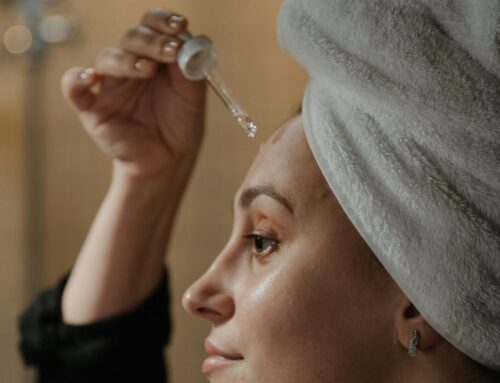Anyone shopping for skincare lately has probably noticed a new feature on familiar brands like L’Oréal or Nivea: a prominent environmental score stamped right on the label or product page. Suddenly, your favorite face cream isn’t just about smoothing wrinkles or boosting hydration. It’s now competing on climate credentials too. What are these “eco-scores,” and should they shape our shopping habits?
Eco-Scoring Hits the Beauty Aisle
Big-name brands like Neutrogena and Eucerin have started rating select products from A to E for environmental impact, focusing first on essentials like shampoos, conditioners, and face care. Brands are racing to stay ahead of stricter anti-greenwashing regulations and earn trust as consumer skepticism about “green” marketing grows louder.
Furthermore, there are endless claims about “clean beauty,” “vegan formulas,” and packaging that promises sustainability. Some come with third-party certifications, while others are pure invention, leading many shoppers to outright start ignoring the claims. Even regulators admit the maze of claims makes it hard to choose products that genuinely help the planet.
That’s the gap these eco-labels are trying to fill. Instead of hunting for hidden symbols or interpreting dense ingredient lists, you get a score for environmental impact. It’s meant to be clear, simple, and objective.
Who’s Behind the Score?
The system comes from years of collaboration between over 70 global beauty brands under something called the EcoBeautyScore Association. They’ve built a universal rating system based on a framework from the European Commission, aiming for consistency whether you’re shopping in Paris or Berlin. Major brands have pledged transparency, working with policymakers and outside experts to create labels that resist accusations of greenwashing.
A similar effort in fashion fell apart in 2021 when the public questioned the science behind the ratings, forcing the industry to pull back. Learning from that, beauty brands are now investing in more data, independent audits, and regulatory input to make their scores more credible.
Will It Affect What We Buy?
Research suggests people like the idea of sustainable products, but price and performance usually win out. Just as calorie labels on food have had only modest effects on eating habits, climate scores may not drastically shift consumer behavior. And with political shifts, especially in Europe, some governments are slowing down their push for stricter green rules, which adds more uncertainty to the future of these labels.
For now, the beauty industry hopes that eco-scoring will help products stand out on crowded shelves, and this rollout is just beginning. More product categories are coming, and more brands are expected to join by 2026. In the meantime, a clear, credible, and easy-to-read score might finally help cut through the chaos of green claims.
Reference:
-
“Big Beauty Bets on Standardised Eco-Scores. Will It Pay Off?” by Sarah Kent, The Business of Fashion, July 15, 2025.




